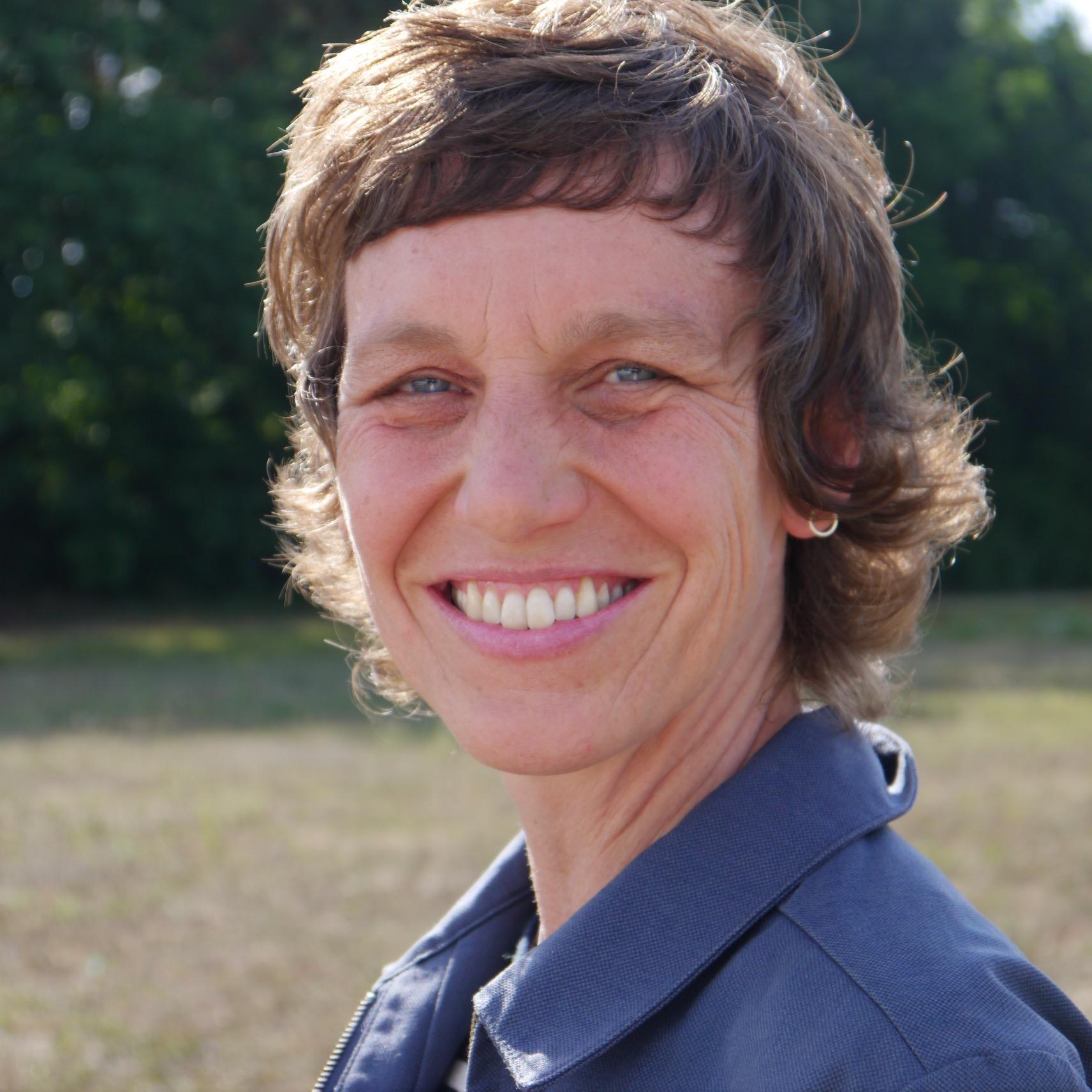Staff in the Department of Visual Cultures
In this section
Staff list
Dr Alice Andrews
a.andrews (@gold.ac.uk)
Alice's research is concerned with questions of dis/ability, response-ability, and practices of self in complex systems
Professor Jorella Andrews
j.g.andrews (@gold.ac.uk)
Trained in fine art and art theory, Jorella’s work focuses on philosophical inquiry, the image-world, and art practice
Manca Bajec
m.bajec (@gold.ac.uk)
Manca is a researcher, and artist whose interdisciplinary work is situated in the realm of socio-politics. She currently
Dr Sarah Charalambides
s.charalambides (@gold.ac.uk)
Sarah's research engages conceptual reconfigurations of the precarious in art and visual culture.
Dr Jenny Doussan
j.doussan (@gold.ac.uk)
Jenny is interested in the convergence of language and image in art, media and politics.
Dr Ifor Duncan
i.duncan (@gold.ac.uk)
Ifor focuses on the spatial and cultural implications of devastated of watery ecosystems.
Dr Başak Ertür
b.ertur (@gold.ac.uk)
Başak's research focuses on law's epistemologies and legal aesthetics.
Kodwo Eshun
k.eshun (@gold.ac.uk)
Kodwo specialises in art and critical theory, referencing post-war liberation movements and contemporary musicality.
Anthony Faramelli
a.faramelli (@gold.ac.uk)
Dr Anthony Faramelli is a psychosocial researcher and practitioner
Dr Janna Graham
J.Graham (@gold.ac.uk)
Dr Janna Graham studies legacies of colonialism in neoliberal spaces, institutions and modes of publicity.
Dr S Ayesha Hameed
a.hameed (@gold.ac.uk)
Ayesha Hameed explores the legacies of indentureship and slavery through the figures of the Atlantic and Indian Oceans.
Dr Yaiza Hernández Velázquez
y.hernandezvelazquez (@gold.ac.uk)
Dr. Yaiza Hernández Velázquez’s recent research focuses on art institutions, exhibition studies, archives and touris
Adrian Heathfield
A.Heathfield (@gold.ac.uk)
time-based arts, writing, curation, phenomenology, continental philosophy, ethics and ecology
Dr. Adnan Madani
a.madani (@gold.ac.uk)
Adnan is interested in philosophies of globalisation, religious/secular life and intercultural encounter.
Dr Jean-Paul Martinon
j.martinon (@gold.ac.uk)
Jean-Paul explores questions of time and museology in intercultural philosophies.
Dr Sam McAuliffe
s.mcauliffe (@gold.ac.uk)
Sam’s research is in modern European philosophy and critical theory, with an emphasis on art and aesthetics.
Dr Helge Mooshammer
h.mooshammer (@gold.ac.uk)
Helge focusses on the entanglement of artistic and spatial practices across social, political and economic landscapes.
Dr Louis Moreno
L.Moreno (@gold.ac.uk)
Louis explores the spatial relationships, urban processes and political forces that shape the forms of everyday life
Peter Mörtenböck
p.mortenbock (@gold.ac.uk)
Professor Simon O'Sullivan
s.o'sullivan (@gold.ac.uk)
Simon is a theorist and artist working at the intersection of contemporary art practice, performance and philosophy.
Dr Manuel Ramos
m.ramos (@gold.ac.uk)
Manuel’s work engages with the interrelation between the political and the image/sound pair.
Dr Wood Roberdeau
w.roberdeau (@gold.ac.uk)
Wood’s ongoing work concentrates on art theory and practice that addresses ecological and environmental concerns.
Professor Irit Rogoff
i.rogoff (@gold.ac.uk)
Irit champions work from outside of traditional disciplines in the search for new understandings of the present.
Dr Emily Rosamond
Emily.Rosamond (@gold.ac.uk)
Emily’s research explores the implications of financialization and metrification for online identity and selfhood.
Dr Ghalya Saadawi
G.Saadawi (@gold.ac.uk)
My interests range across art and political economy, witnessing and testimony, law and psychoanalysis
Astrid Schmetterling
a.schmetterling (@gold.ac.uk)
Astrid Schmetterling’s research focuses on the relation between history, culture and memory.
Professor Susan Schuppli
s.schuppli (@gold.ac.uk)
Susan uses media artefacts in her investigative processes to explore contemporary conflict and state violence.
Dr Jon K Shaw
jshaw010 (@gold.ac.uk)
Dr Lynn Turner
l.j.turner (@gold.ac.uk)
Lynn explores how animal and sexual differences matter in visual and aural culture
Christina Varvia
c.varvia (@gold.ac.uk)
Christina uses forensic architecture techniques and feminist epistemologies to investigate political conditions.
Professor Eyal Weizman
e.weizman (@gold.ac.uk)
In his research, Eyal forensically examines human rights violations using architectural, visual and aural techniques.
Scott Wark
s.wark (@gold.ac.uk)
Scott researches digital culture and the intersection of race and digital technology.
Dr Nicole Wolf
n.wolf (@gold.ac.uk)
Nicole’s current research interests derive from anthropology, film studies, politics and postcolonial theory.
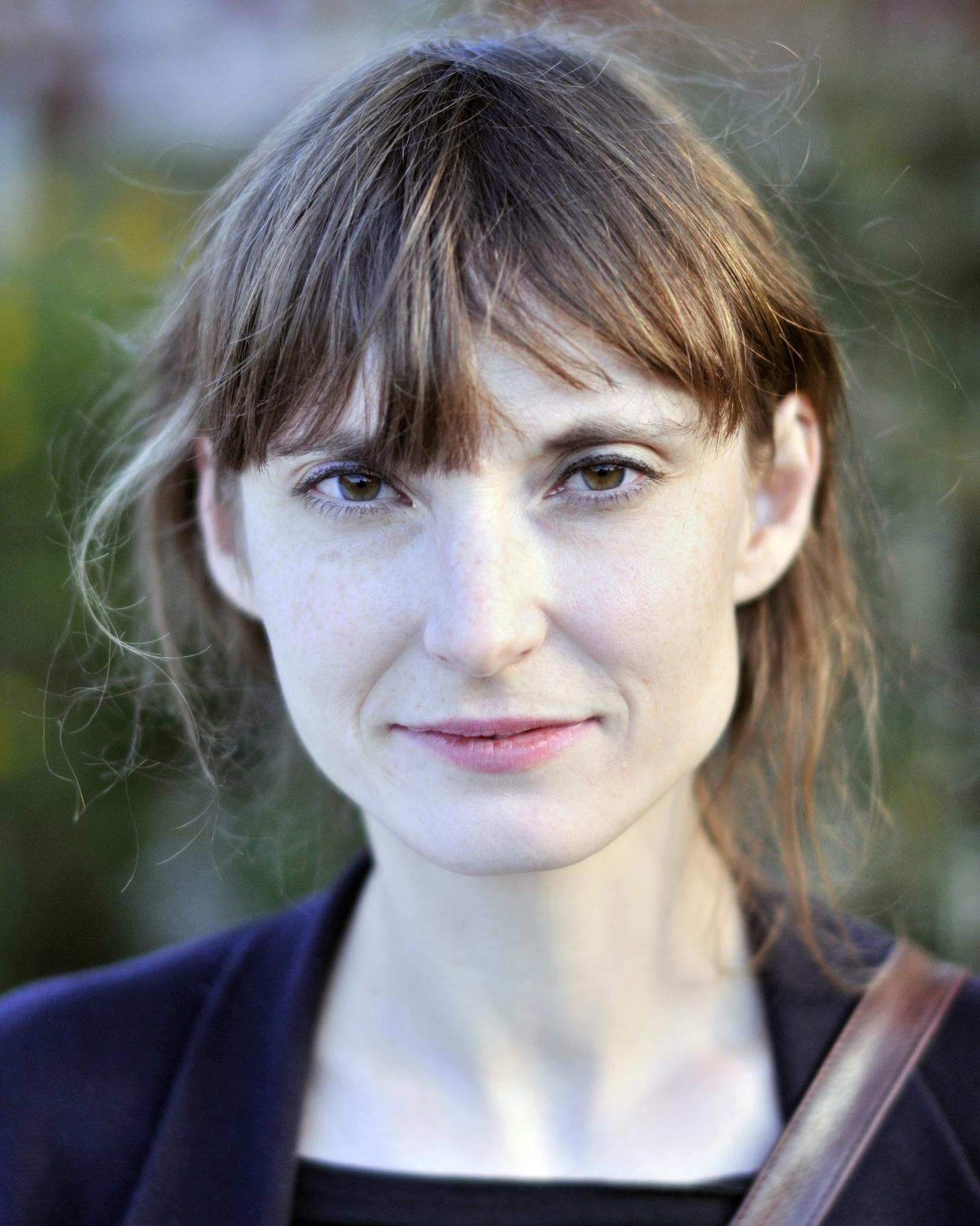
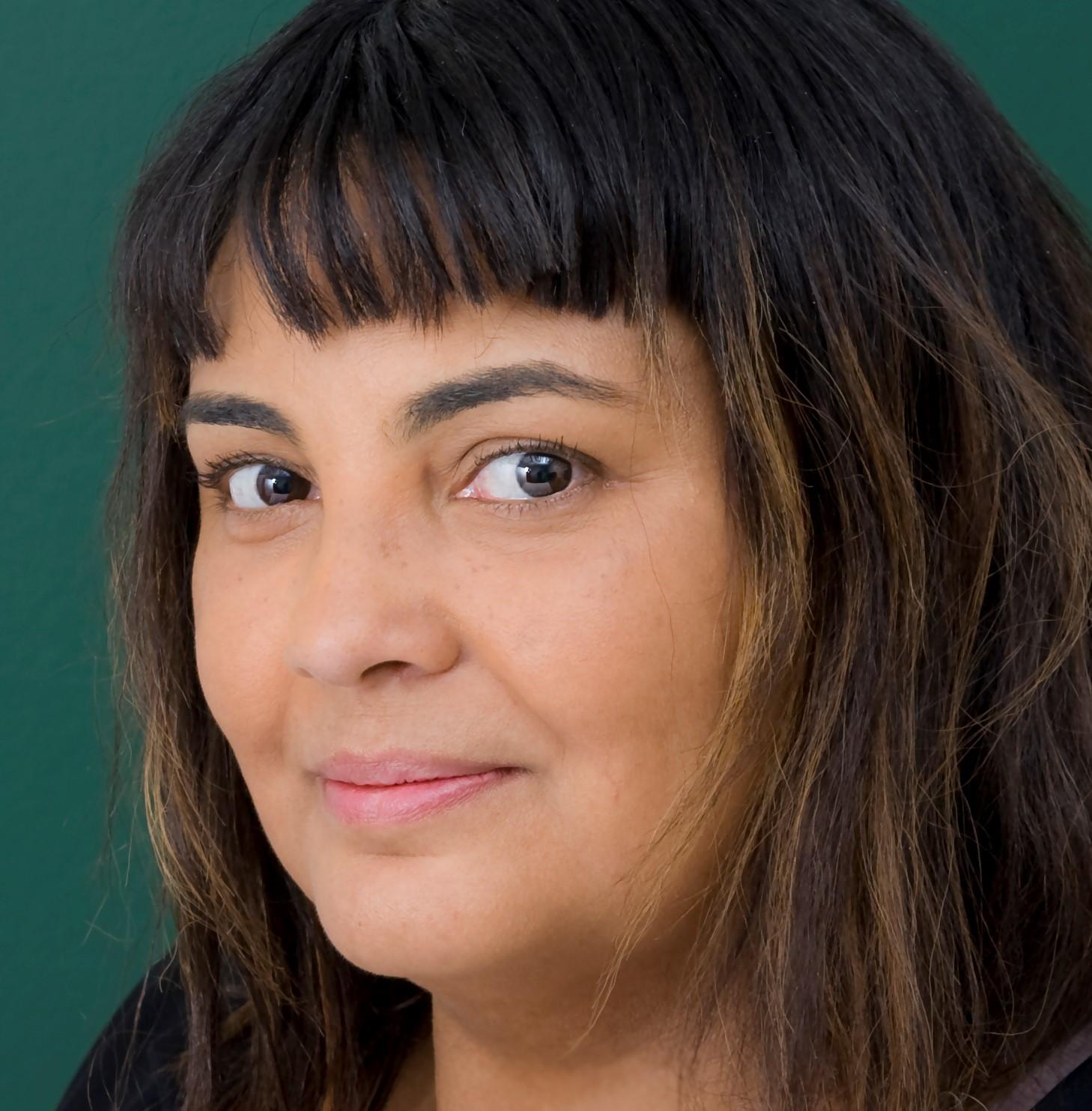
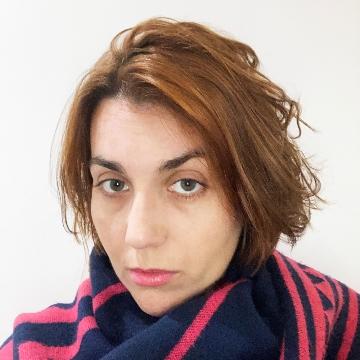


.jpg)
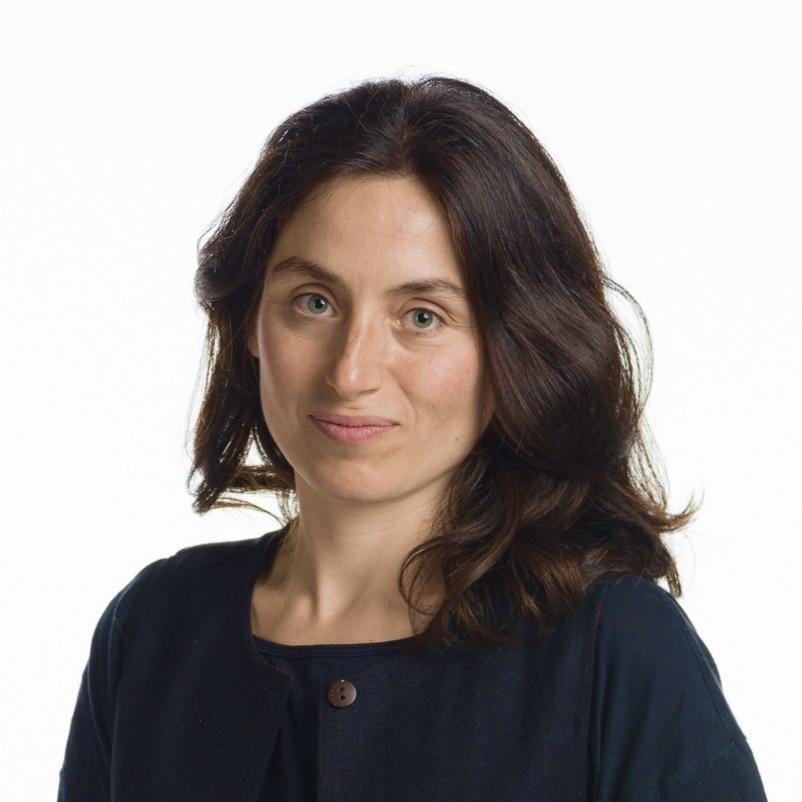

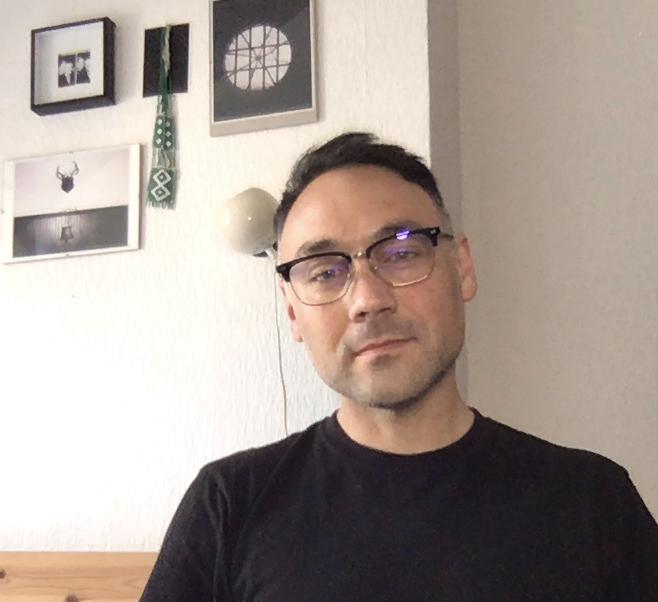
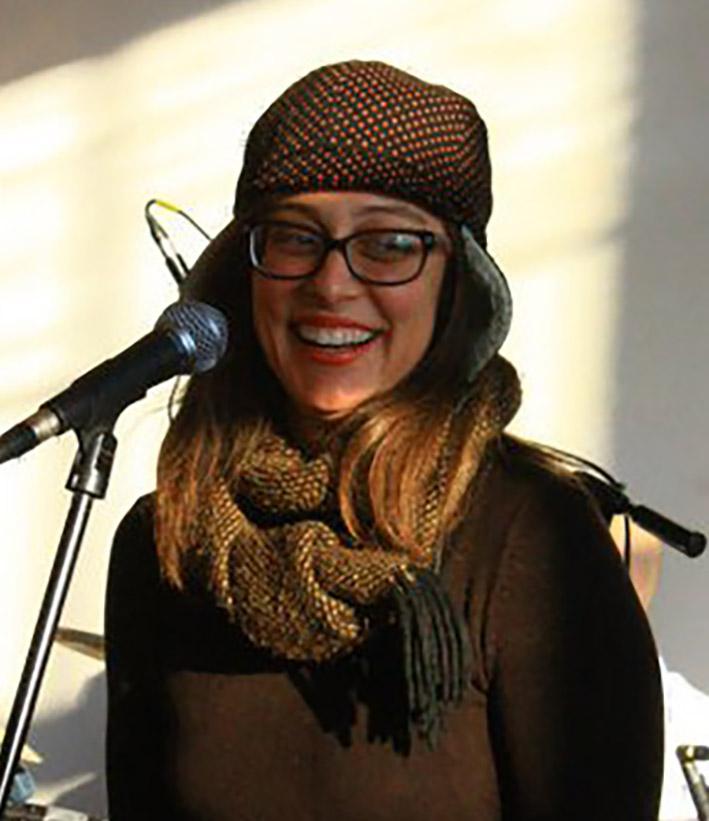
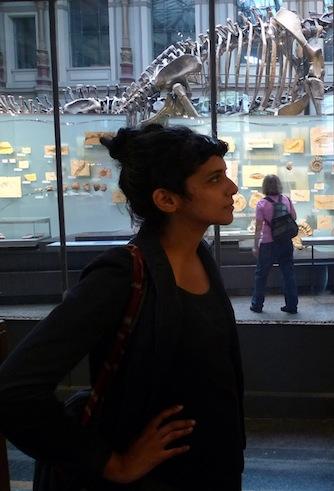

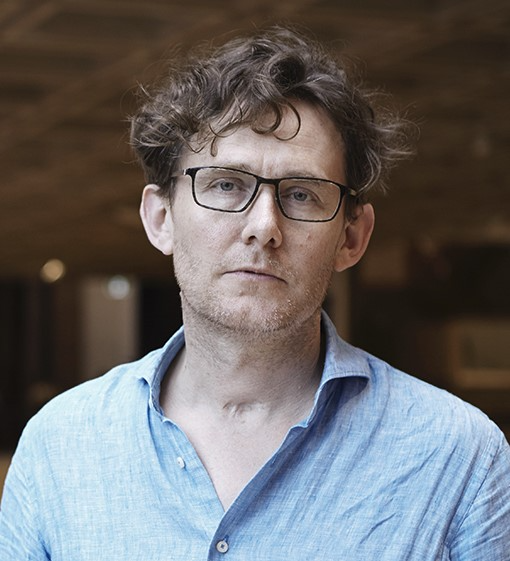
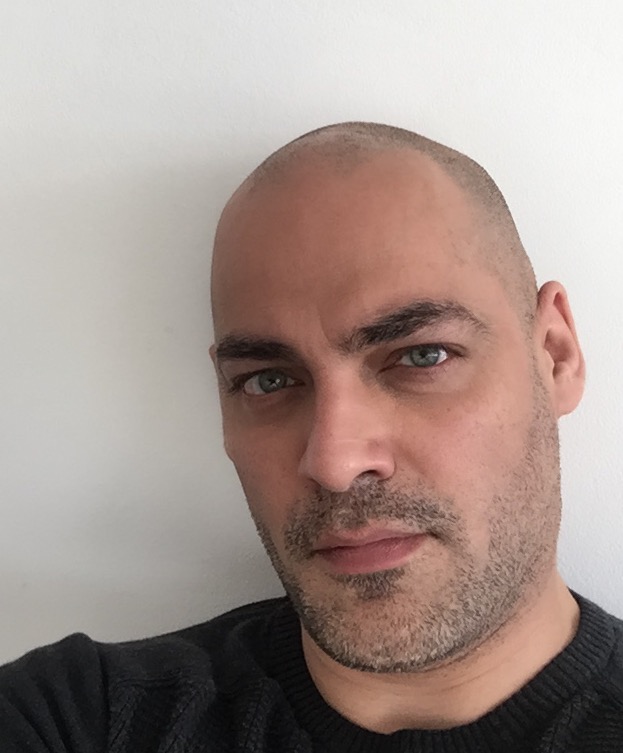
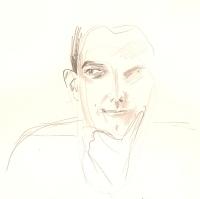
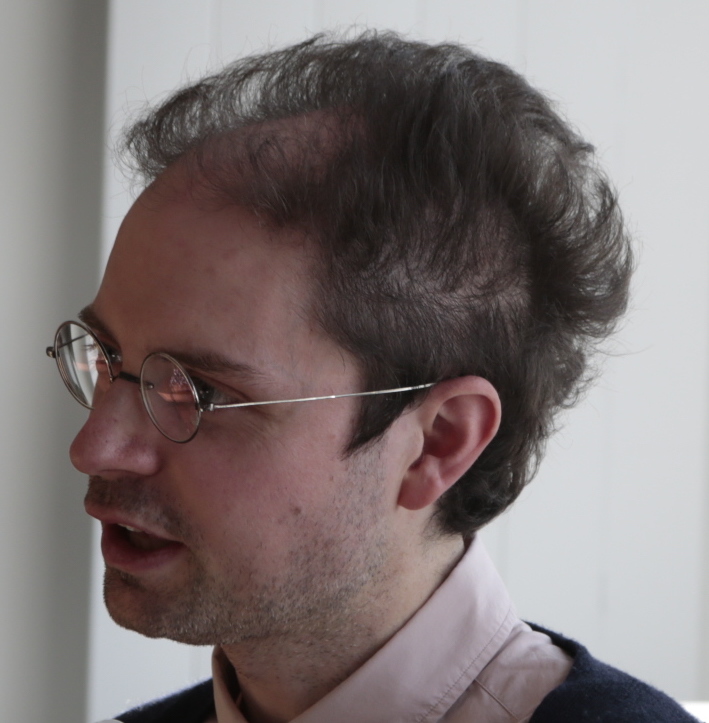
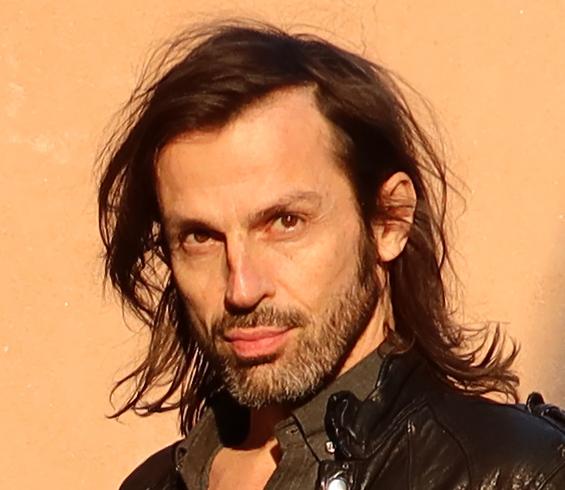
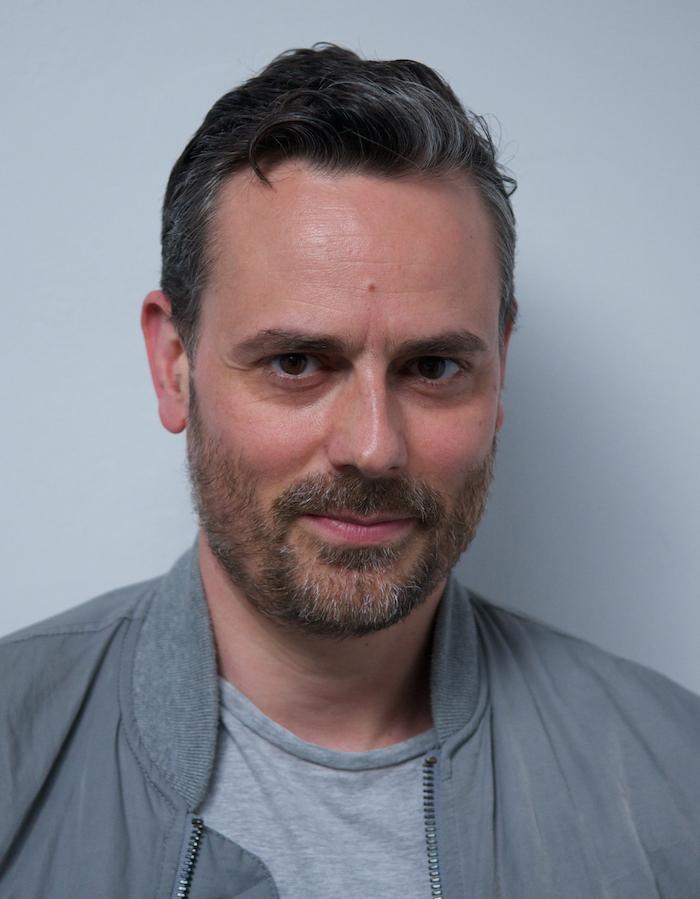


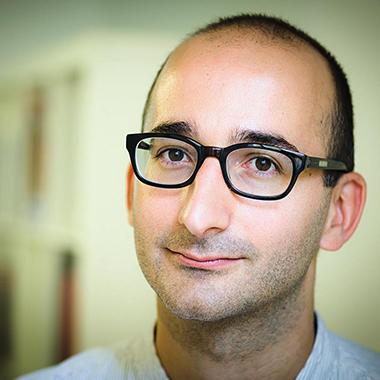
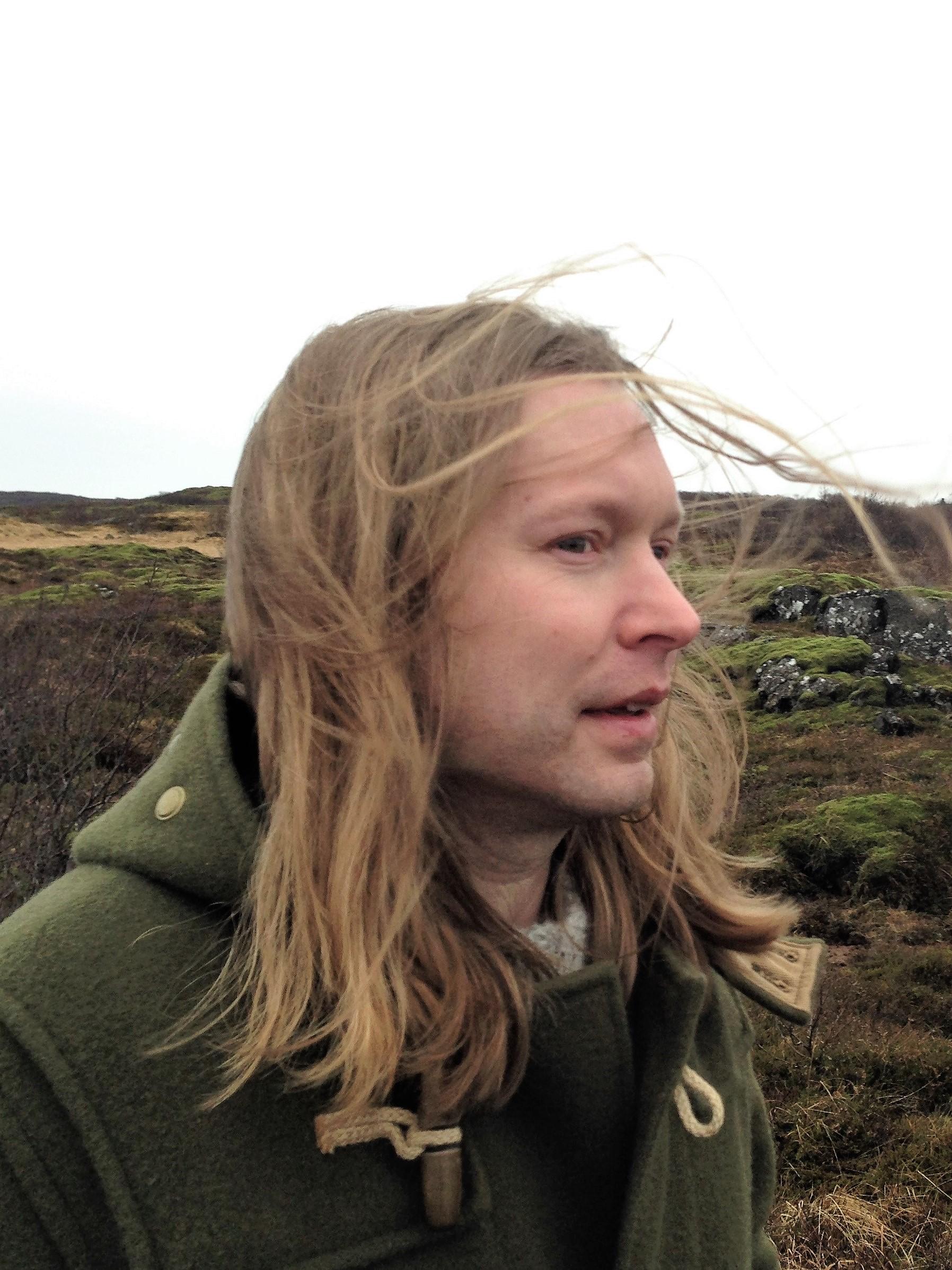
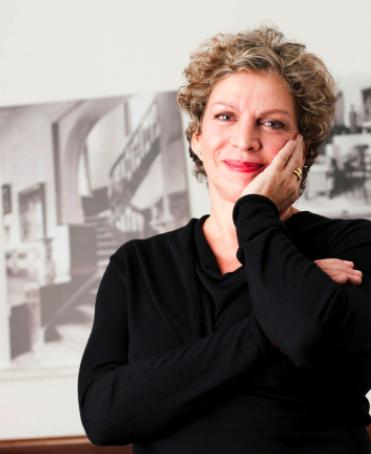

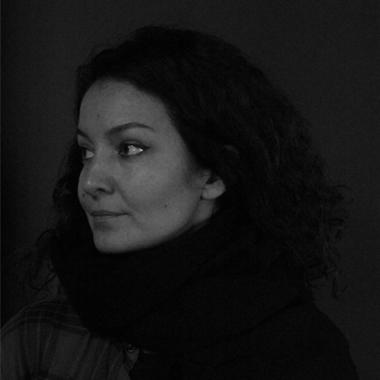
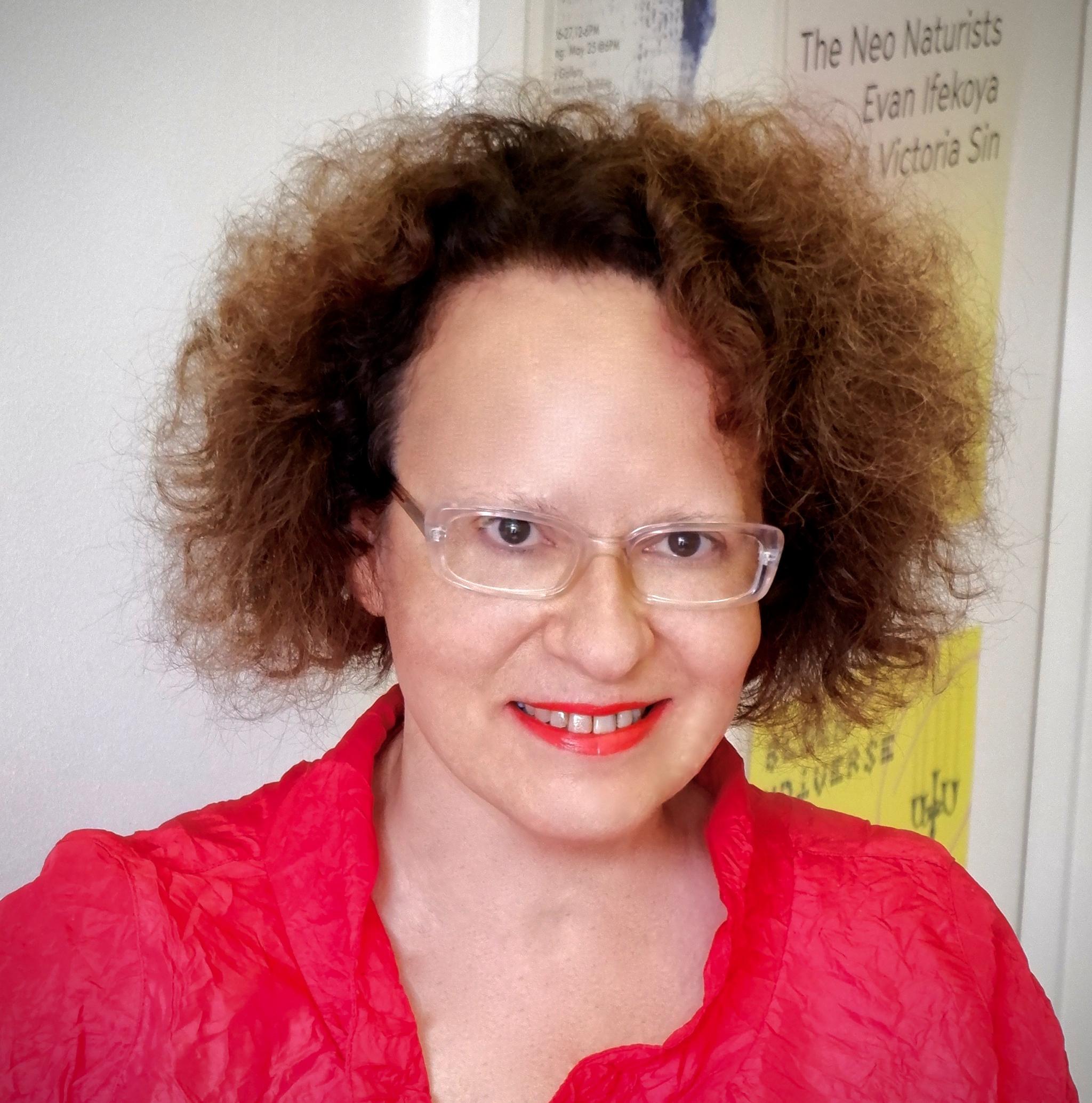


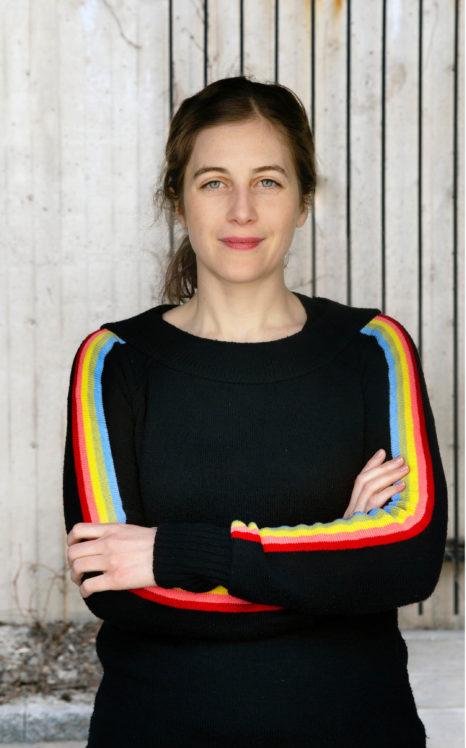
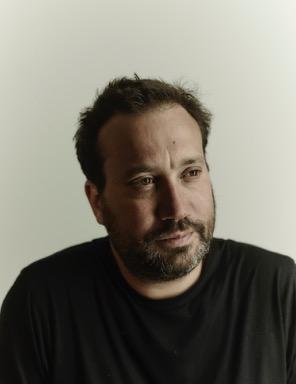
.jpg)
